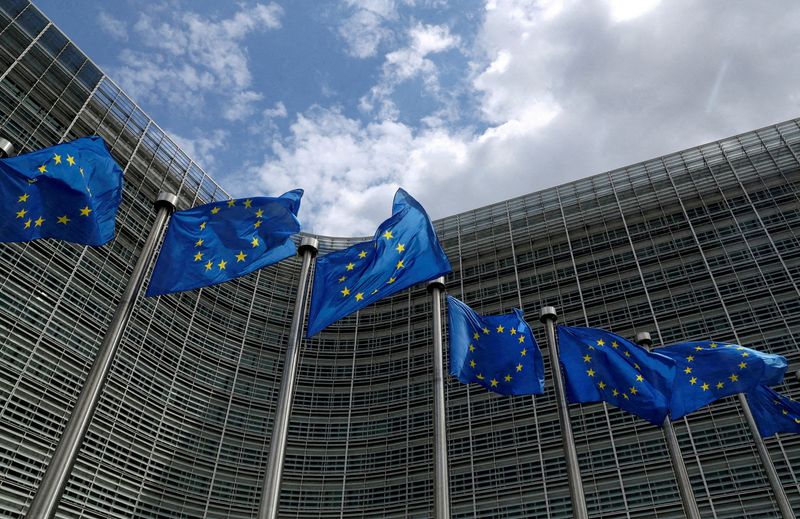By Huw Jones
LONDON (Reuters) - The European Union on Tuesday reached a deal to implement the final batch of tougher bank capital rules agreed internationally following the global financial crisis over a decade ago, with additions to contain risks from the crypto sector.
The remaining leg of the 'Basel III' global accord, agreed among G20 and other nations, includes safeguards such as limits on big banks using their own internal models to calculate capital buffers.
The collapse of Silicon Valley Bank and other lenders in the United States, whose fallout rippled through Europe, and the forced takeover of Credit Suisse (SIX:CSGN) by UBS has thrown a spotlight on bank capital and liquidity.
"This is a major step forward which will help ensure that European banks can continue to operate also in light of external shocks, crises or disasters," said Elisabeth Svantesson, minister of finance for Sweden, which holds the EU presidency.
The deal between EU states and the European Parliament phases in some elements in the Basel III accord from 2025, two years after the deadline agreed globally.
The package includes new elements to shield banks from crypto sector risks, and ensure improved reporting and disclosures by banks regarding fossil fuels.
It also tightens requirements for EU branches of third-country or non-EU banks, and the supervision of their activities in the bloc, an issue that has come to the fore after Britain left the EU.
There are also new rules to ensure that senior executives at banks are "fit and proper" for the job.

The EU is the first major jurisdiction to reach a deal on the remaining Basel III rules, ahead of Britain and the United States.
"We ensured a range of safeguards have been put in place to enable European legislators to review this legislation if un-level playing fields arise following other jurisdictions' implementation of the Basel standard," said Gilles Boyer, a French member of the European Parliament.